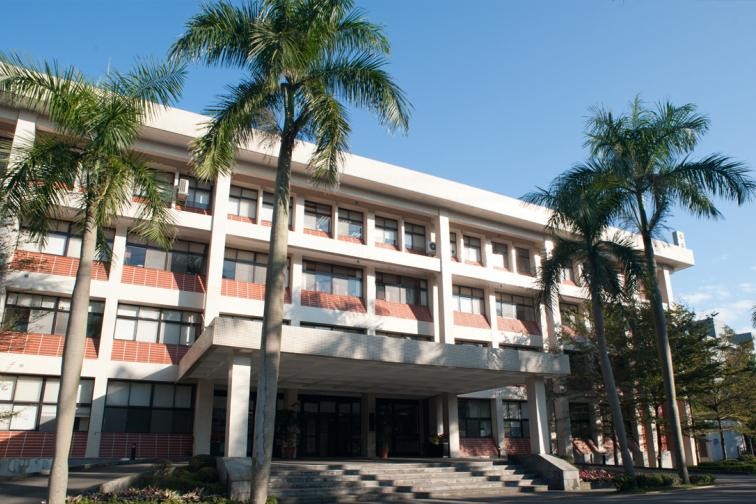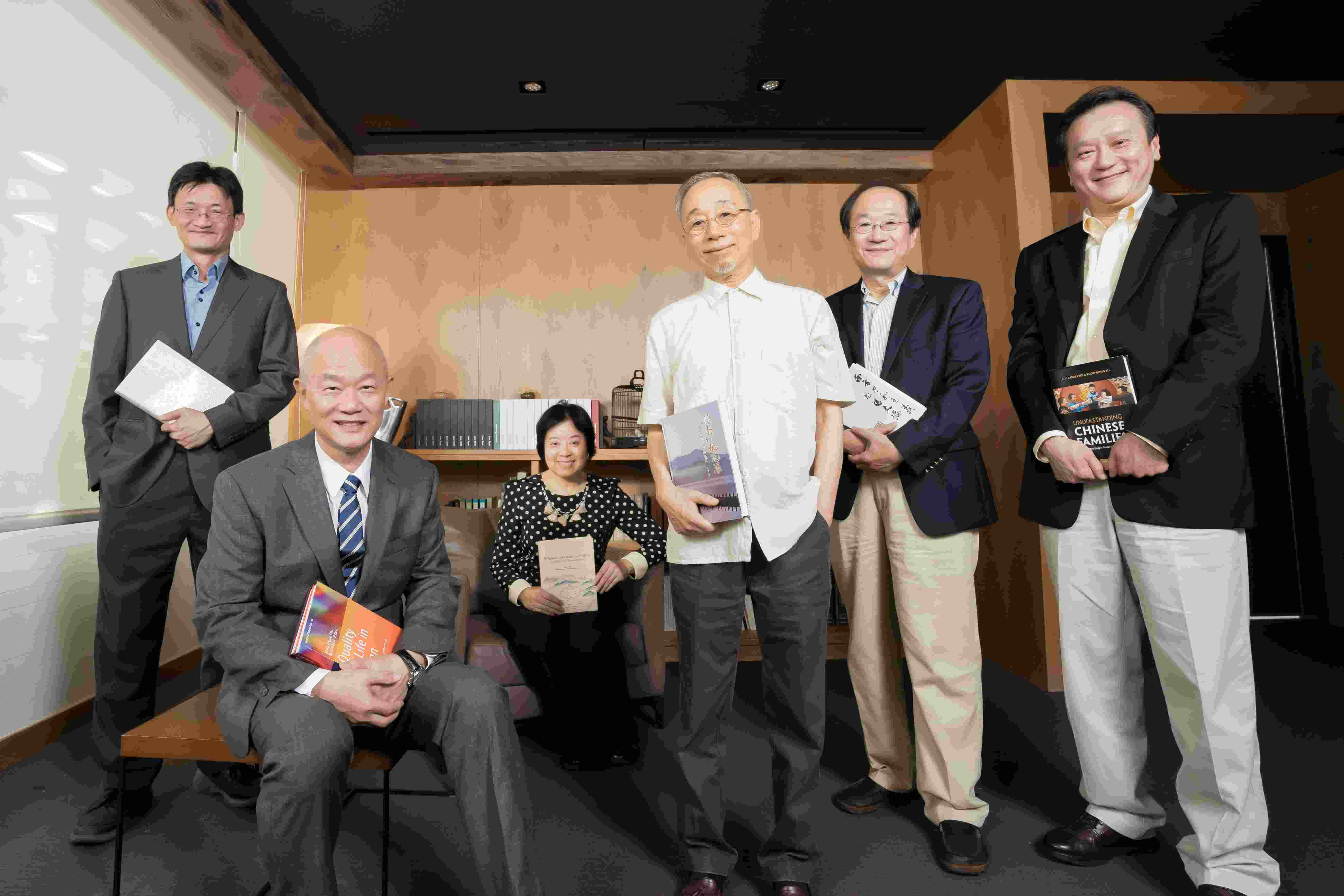緣起 :
人類學家曾以多種方式概念化了世界秩序;作為「帝國」、「世界體系」、「全球」,以及最近的「行星」等等。這些理論範疇及其批判性的政治/倫理在歐美中心的「全球理論」中為最容易被理解,但它們在關於「全球中國」的各種討論變得越來越複雜並且具有爭議性。中國的崛起引發了不同理論與政治上的爭議,特別是針對既有的用來研究及批判歐美霸權的理論工具,是否可以擴展到中國作為「霸權」的討論?這些理論工具在中國脈絡裡又是否必須被重新思考甚至顛覆?這些爭議所涉及的,不僅是政治、經濟和文化等制度的「不可同量性」問題,在日益分裂的地緣政治世界中,也包含研究者、民族誌的對話者與學術機構的背景、政治立場與倫理原則等,所帶來的複雜性。
這次的會議是一個前提下進行:也就是在中國地緣政治邊緣中的緊張斷層及全球影響力不斷上升的地點進行民族誌田野調查,也許有助於理論化世界秩序,特別是如何在這些地點體驗或表達對於「帝國」的想像。會議將邀請在(全球)中國及其周邊地區研究的人類學家及民族誌學家,來自新疆、西藏、香港、臺灣跟沖繩,再到非洲-贊比亞、坦桑尼亞、南非及北美。會議主要將要反思學者們如何在知識生產的地緣政治背景下批判性地思考關係、不平等、等級制度、暴力和政治影響。如果人類學家體現了一種既繼承和再生產知識生產的殖民姓,那麼學者們又如何在不強化話語的情況下使用「其他人的帝國」的批判性詞彙去敘述一個區域研究中的帝國主義?同理可證,一個人如何發展自己的帝國中心及其可能性條件的批判反身性,又要如何不被其他地方的帝國計畫的論述招募成了共謀?是否所有反帝國主義的批評最後都跟Laura Doyle所說的跨帝國主義有了關聯?有其他替代選擇嗎?當經濟和地緣政治的等級制度正在轉變,使得更難假設霸權的同構的同時,政治、經濟、種族化和性別不平等的理論化與全球親和力及對抗的實踐和影響有甚麼關係?全球的進程、政治和不平等又如何作為一種可見或不可見的概念體?學者在進行民族誌時又是怎麼去想像「世界」?
對帝國的專門研究通常是趨於宏觀式的理論化,從帝國種類的類型學,到馬克思主義對於衡量全球價值轉移的尺度跟量度的辯論,再到「全為天下事」的哲學。當Catherine Lutz鼓勵人類學家去研究「細節中的帝國(empire in the details)」,這個會議將進一步探討如何從細節中對帝國進行理論化,尤其是對日常的地緣政治理論化。人們,包括學者們,如何去想像世界秩序?Laura Nader曾經對人類學家做出著名的區分:對邊緣跟底層、受壓迫群體「向下學習」,對有權勢者、壓迫者「向上學習」。當我們在研究(全球)中國時,我們又是如何想像自己的學習方向?向上?向下?或是橫向?「帝國」、「世界秩序」、甚至是「全為天下事」這些概念在這裡仍有用處嗎?如果無用,人們又為什麼堅持地使用它們?學者們在田野調查中又碰到了什麼樣的本土地緣政治?普通人如何談論他們的地緣政治跟世界秩序?研究中國崛起的民族誌學家又怎麼去看待在不同環境中,例如田野調查地區、不同公共領域、學術空間、民族誌的讀者跟研究的對話者之間,環繞在所謂「新冷戰」的地緣政治中的緊繃局勢?人類學或民族誌對這狀況提供了那些資源,又有哪些侷限?
此會議發表跟討論會討論(全球)中國、「中國帝國」以及「美國/西方帝國」如何在不同的民族誌中被概念化,以及人類學家如何概念化社會秩序和如何駕馭在這個日益細碎且危險的世界中的影響。
Anthropologists have conceptualized world order in multiple ways; as "empire," "world system," the "global," and more recently, the "planetary." These different ways of conceptualizing have reflected changing emphases in anthropological theory on power, agency, representation and/or ethics, but not only have they also reflected subaltern political and ethical commitments, but also the imprint of specific geopolitical circumstances. However, the contingent character of affinities and antagonisms may be unspoken, shaping assumptions, yet disavowed by reference to more encompassing categories like "empire" for describing the global condition. While these categories and their commitments have been most intelligible in the Euro-American centers of "global" theory, they become increasingly troubled and fraught in varied discussions about "global China". The rise of China in the world has provoked controversies over whether the tools developed to study and critique Euro-American hegemony can be extended to China, or whether these tools must be rethought completely. Underlying these controversies is not only the non-isomorphism of political, economic, and cultural hierarchies at different scales, but also complicated matters of the personal, political, and ethical commitments of researchers, interlocutors, and institutions in an increasingly fractured and imperiled world.
The premise of this conference is that doing ethnographic fieldwork in the tense fault lines around China's geopolitical edges and the sites of its rising global presence, may be productive for theorizing how imaginations of world order, in particular "empire," are experienced and articulated. The conference brings together anthropologists and ethnographers working in and around (global) China, from Xinjiang, Tibet, Hong Kong, Taiwan, and Okinawa, to Zambia, Tanzania, South Africa, and North America. The conference will reflect on how scholars think critically about relations, inequalities, hierarchies, violence, and political affect in the context of the geopolitics of knowledge production. If anthropologists embody a liminal or contradictory state of both inheriting and reproducing the coloniality of knowledge production while also identifying with or even embracing forms of anti-imperial ethics/politics, how does one employ critical vocabularies about "other people's empires" without reinforcing the discursive imperialism of area studies? Likewise, how does one develop critical reflexivity regarding one’s own imperial centers, and their conditions of possibility, without being recruited into discursive complicity with imperial projects elsewhere? Is all anti-imperial critique ultimately implicated in what Laura Doyle calls interimperiality? Are there alternatives? What is the relationship between theorizing political, economic, racialized, and gendered inequalities and the practice and affects of global affinities and antagonisms when the sense that economic and geopolitical hierarchies are shifting makes the isomorphism of hegemonies harder to assume? How do global processes, politics, and inequalities become visible or invisible as conceptual entities? How does one imagine the "world" in which they do ethnography?
Dedicated studies of empire have usually tended towards macro-level theorizing; from typologies of imperial types, to Marxist debates over measuring scales and vectors of global value transfer, to the philosophy of "All-under-heaven." While Catherine Lutz has called on anthropologists to study "empire in the details," this conference asks how empire is theorized from the details. We are particularly interested in everyday geopolitical theorizing. How do people, including academics, imagine world order? Laura Nader once famously made a distinction between ethnographers who "study down" (i.e. the marginal, the subaltern, the oppressed) and those who "study up" (i.e. the powerful, the oppressor). When one goes to study "global China", does one imagine themselves studying up, studying down, studying sideways, or what? Are concepts like "empire" "world order" or even Tianxia even useful? If not, why do people use them? What kinds of vernacular geopolitics does one encounter in fieldwork? How do ordinary people talk about geopolitics and world order? How do ethnographers studying a rising China navigate geopolitical tensions around the so-called "new cold war", in the field, different public spheres, academic spaces, the people who read our ethnographies, and especially among our research interlocuters? What resources does anthropology or ethnography offer, and what are the limitations?
The presentations and discussions will examine how "Global China," "Chinese Empire," and "US/Western empire" are conceptualized in diverse ethnographic sites, and the implications for how anthropologists conceptualize world order and navigate an increasingly fractured and imperiled world.
主辦及協辦單位:
中央研究院民族學研究所主辦
Hosted by the Institute of Ethnology, Academia Sinica
國家科學及技術委員會協辦
Sponsored by the National Science and Technology Council
報名資訊:
報名網址:https://www.ioe.sinica.edu.tw/(一律從「本所網頁」報名)
報名期間:即日起至5月22日(星期一)23:00截止
錄取人數:限額40名,須經大會審核通過方得參加,恕不接受現場報名。
錄取與否通知:大會於展開審核作業後,將於5月25日(星期四)前從報名系統以email通知,屆時請留意收信,並請詳閱通知信內容,謝謝。
備註:因錄取與否通知信屬大量發信,有可能被您的郵箱歸類為垃圾信件,若5月25日(星期四)16:00前還未收到通知信,敬請來電或來信詢問,感謝。
聯 絡 人:林音秀小姐 02-2652-3484 world66@gate.sinica.edu.tw
The maximum capacity for the venue is 40 people.
The option for online conference is also available in this registration.
However, your submission will be evaluated by the organizer.
There will be no on-site registration.
We will send registration confirmations via email on May 25th, 2023.
Please be aware of your mail inbox, and since it is an automated message generated by the registration system, it might go to your spam folder.
If you have not received any message before the conference starts, please feel free to contact us by email or phone (during regular working hours), thank you for your cooperation.









 首頁
首頁 China...」研討會 海報.jpg)

